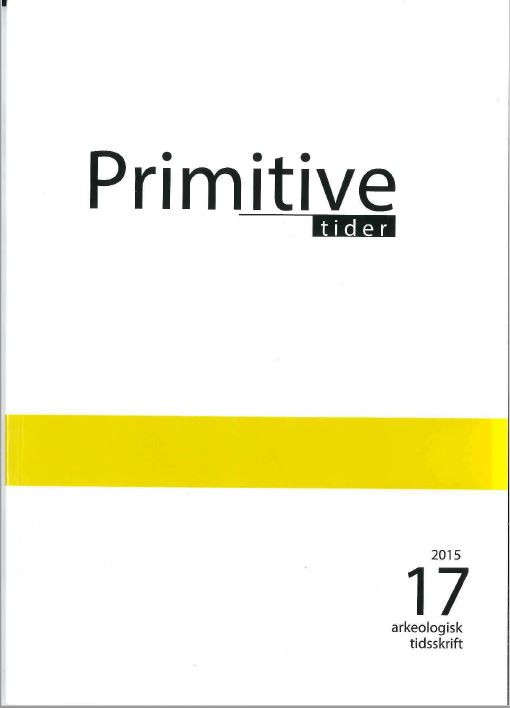Kvalitetsreformens konsekvenser - endringer i arkeologiundervisningen?
DOI:
https://doi.org/10.5617/pt.7189Sammendrag
The Bologna and the European Qualification Framework Process, a series of agreements between European countries aiming at securing comparability in standards and quality in higher education, have set their footprints on Norwegian higher education. As of 2012 all Norwegian universities and colleges have implemented the Norwegian qualifications framework (NKR). The NRK’s core is seven reference levels of qualification. Level 6, 7 and 8 correspond with the BA, MA and Ph.D. degrees, both in Norway and within the European Higher Education Area. To assess the implementation, NOKUT – the Norwegian Agency for Quality Assurances in Education – undertook a control evaluation of Master studies in historical-philosophical disciplines in 2012-2014. These processes constitutes the background for the investigation of the following questions: Does the NKR framework initiate changes in higher education? Are there other political processes strengthening the effect of the implementation of the NKR? Is there a need for a general debate about the character of archaeological education in Norway?
Nedlastinger
Publisert
Utgave
Seksjon
Lisens
Fra og med årgang 2021 er innholdet i Primitive Tider lisensiert gjennom Creative Commons Navngivelse 4.0 Internasjonal (CC BY 4.0).
© CC BY-NC (2014–2020)
Verk mellom 2014 og 2020 lisensieret under en Creative Commons Navngivelse-IkkeKommersiell 4.0 Internasjonal.
© Forfatter(ne) (1998–2013)
Verk mellom 1999 og 2013 er beskyttet av åndsverkloven. Uten eksplisitt autorisasjon er reproduksjon kun tillatt i den grad dette er i henhold til loven, eller etter avtale med rettighetshaver eller en kollektiv forvaltningsorganisasjon.


